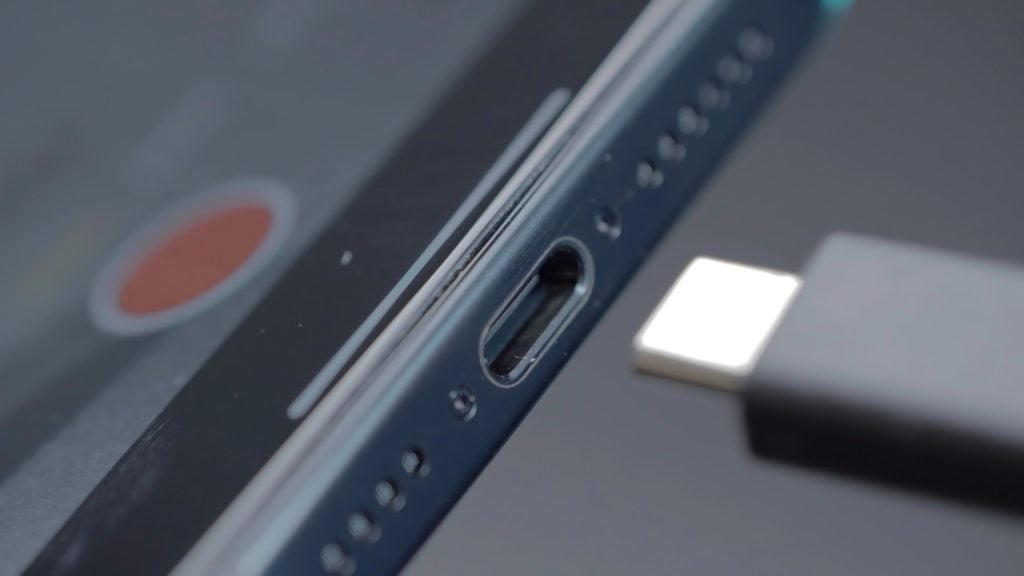After years of discussion, the EU Parliament approved the introduction of standardized charging cables in October 2022. Two years later, the regulation is now also coming into force.
From today, new small electronic devices must have a USB-C charging port. The deadline of December 28, 2024 affects devices such as smartphones, tablets, headphones, keyboards, mice, digital cameras, portable speakers, portable games consoles, e-readers and navigation devices.
For notebooks and larger laptops, the EU directive gives manufacturers more time to switch to a USB-C charging socket. This change will not become mandatory until April 28, 2026.
Less electronic waste hoped for
The changeover enforced by EU legislators was preceded by years of debate. Supporters such as Environment Minister Steffi Lemke (Greens) said that the standardized charging socket would be a relief for consumers and a success for environmental protection, as less electronic waste would be produced in future. On the day it came into force, the minister expressed her satisfaction accordingly: “This finally puts an end to the confusion of different plug connections,” Lemke told dpa.
“Unnecessary interference in the market”
Critics such as the digital association Bitkom saw the USB-C obligation as unnecessary interference in the market. They argued that the market had already largely regulated itself and that the number of charging socket types had fallen from around 30 to just three (USB-C, Apple Lightning and Micro-USB) in recent years.
Among the manufacturers, Apple was particularly affected, as the company had consistently relied on its own Lightning connector for charging sockets. Since the iPhone 15, which was launched in September 2023, the US company has now switched its entire product range to USB-C.
dpa
















